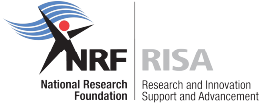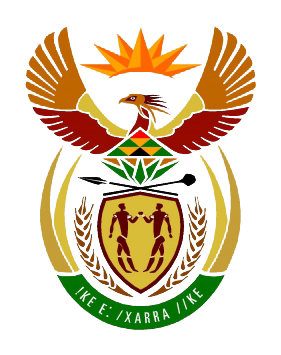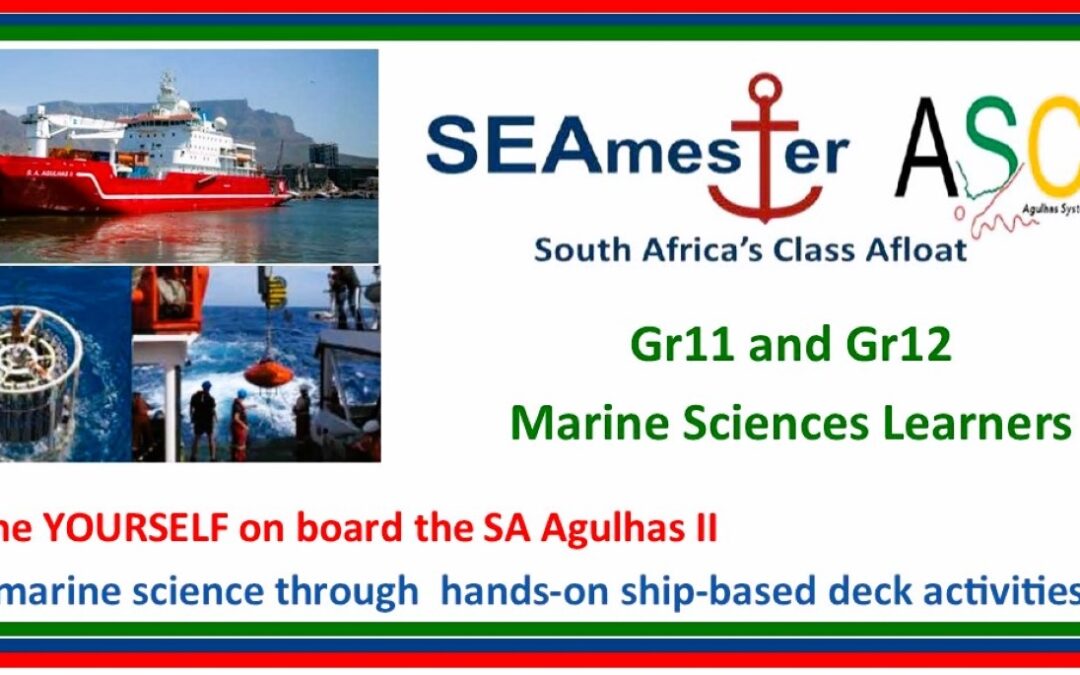
by Ria Olivier | Apr 11, 2024 | Announcement, SANAP, SEAmester
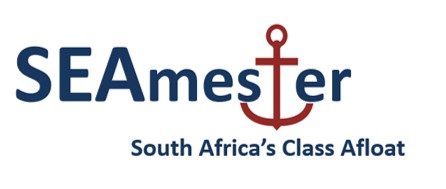 LEARNER (FET) APPLICATION FORM
LEARNER (FET) APPLICATION FORM
- Applications need to be completed by
- * No late or incomplete applications will be considered. (CLOSINGDATE 19 APRIL)
- SEAmester VII dates are 24th June to 4th July 2024
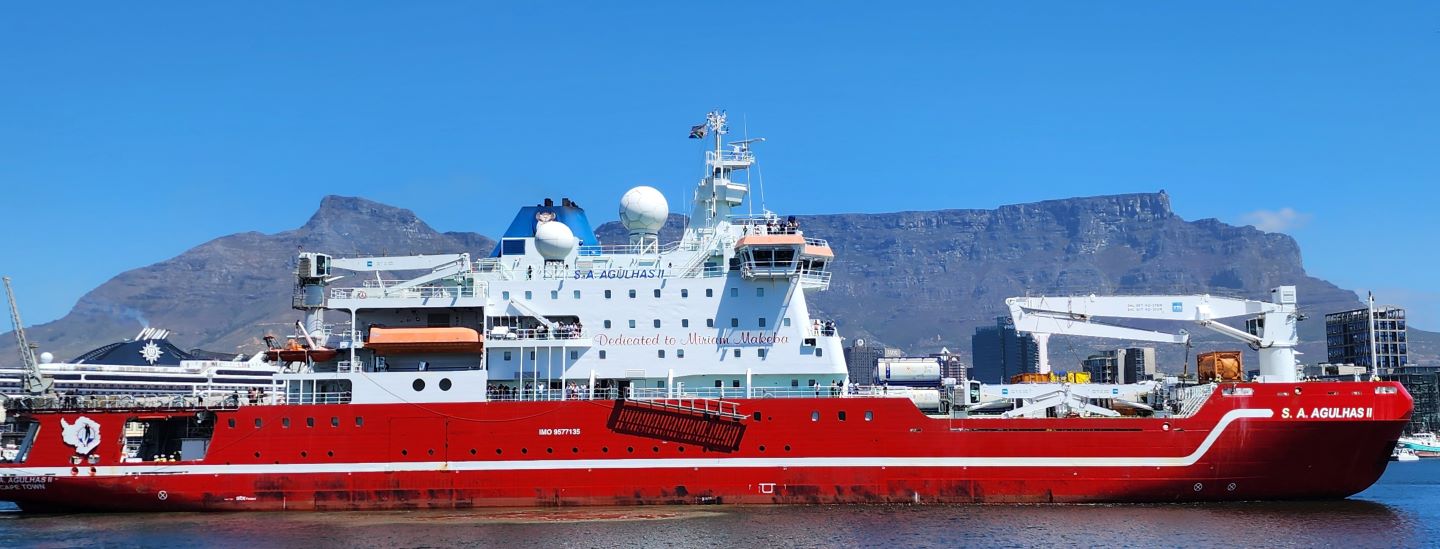 SEAmester – South Africa’s Class Afloat aims to introduce marine science as an applied and cross- disciplinary field to students who have shown an interest in the core science disciplines. It combines traditional classroom lectures with hands-on ship-based deck activities; while providing them with an opportunity to support specialist scientists in recognised marine research activities. During the voyage, students will engage in classroom lectures, assignments, and hands-on research activities, covering topics such as physical oceanography, marine biology and environmental science. Learners will also work with sophisticated instrumentation, collect data and gain experience in data analysis and scientific research techniques. The research group comprises over 30 oceanographic, fisheries, biogeochemical and biological experts, who jointly have trained over 600 Southern African students onboard a wide variety of international and local research vessels.
SEAmester – South Africa’s Class Afloat aims to introduce marine science as an applied and cross- disciplinary field to students who have shown an interest in the core science disciplines. It combines traditional classroom lectures with hands-on ship-based deck activities; while providing them with an opportunity to support specialist scientists in recognised marine research activities. During the voyage, students will engage in classroom lectures, assignments, and hands-on research activities, covering topics such as physical oceanography, marine biology and environmental science. Learners will also work with sophisticated instrumentation, collect data and gain experience in data analysis and scientific research techniques. The research group comprises over 30 oceanographic, fisheries, biogeochemical and biological experts, who jointly have trained over 600 Southern African students onboard a wide variety of international and local research vessels.
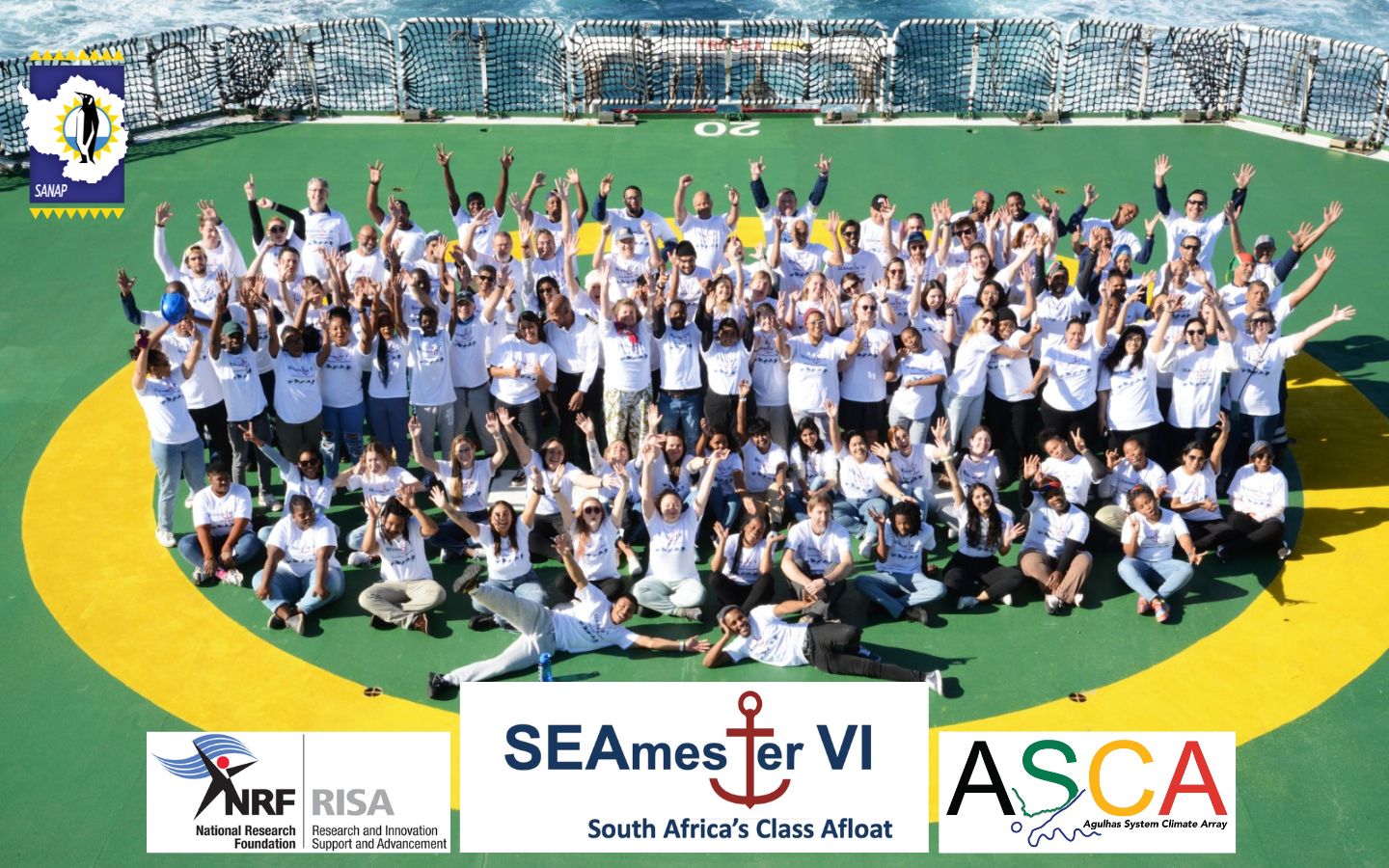
The SEAmester programme is usually offered to 40 post-graduate students. With the introduction of Marine Sciences in the FET phase, the SEAmester team, led by Prof. Isabelle Ansorge from the University of Cape Town, has made available two spaces for high-school learners. These two learners will be selected through an objective process. The team invites full-time Grade 11 and Grade 12 learners to apply for and potentially be selected for this amazing opportunity.
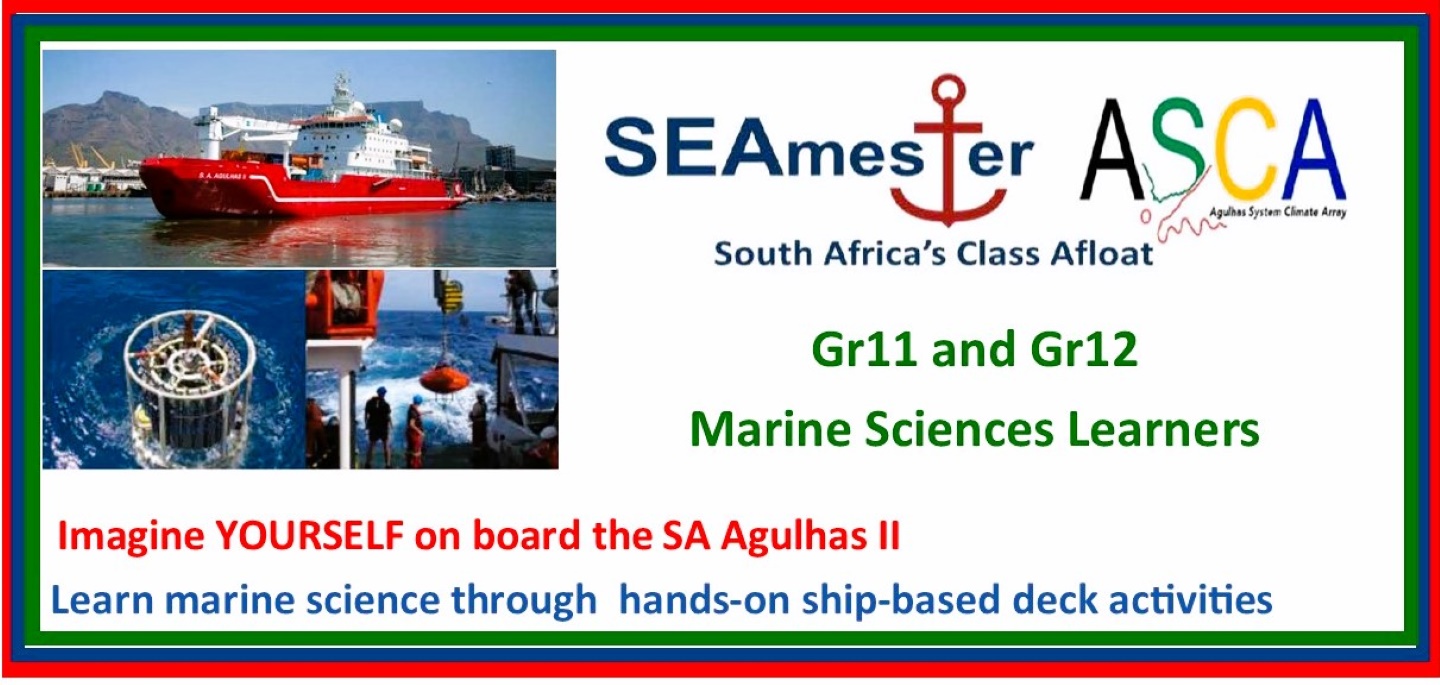 APPLICATION REQUIREMENTS
APPLICATION REQUIREMENTS
- CLOSING DATE 19 APRIL 2024
- To apply to be part of this amazing opportunity:
- Applicants must be full-time in Grade 11 or Grade 12 in 2024.
- Applicants must be doing Marine Sciences as school subject in Grade 11 or Grade 12.
- Applicants must have a passion for marine sciences and an enthusiastic attitude .
- Applicants must provide a 350 – 500, covering:
- your understanding of the importance of marine science research on vessels such as the SA Agulhas II
- a motivation as to why you should be selected to be part of SEAmester – South Africa’s class afloat, and what you hope to gain from this
- be available to be on board the research ship from 24 June to 4 July 2024 (a valid passport would be required)
Sounds like a dream potentially coming true?
- Go to: https://forms.gle/fBSN3dZVLRHJJmWf9
- Complete the relevant
- Upload an official copy of your Term 1, 2024 academic
- Upload a copy of your essay
- Any questions regarding your application? Email:
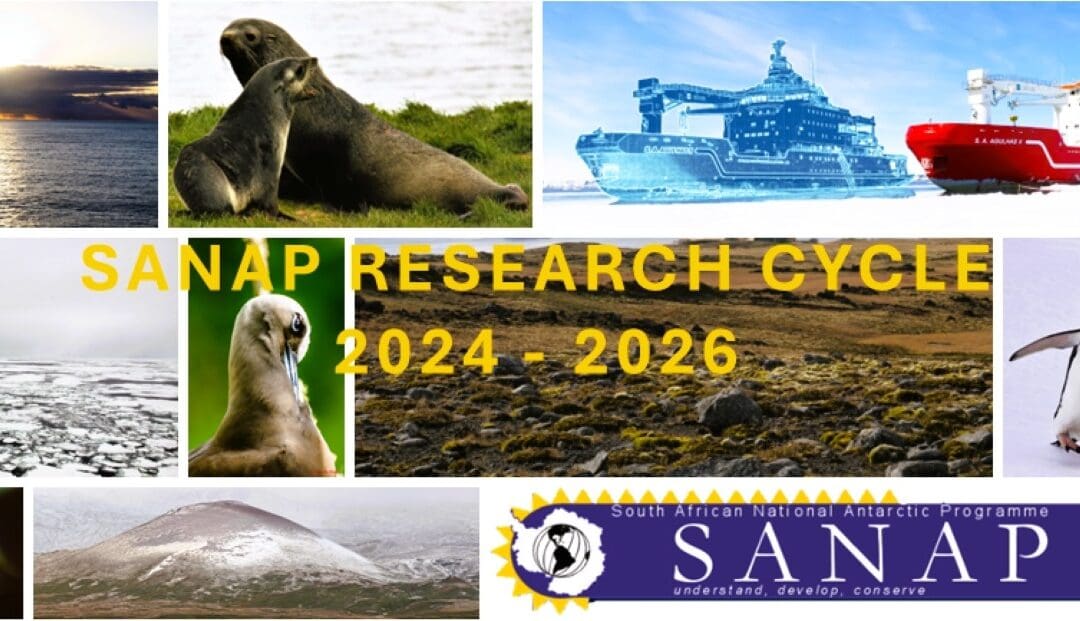
by Ria Olivier | Apr 3, 2024 | Announcement, Research, SANAP
The SANAP research projects approved for the cycle 2024-2026 are represented under the following Marine and Antarctic Strategy themes.
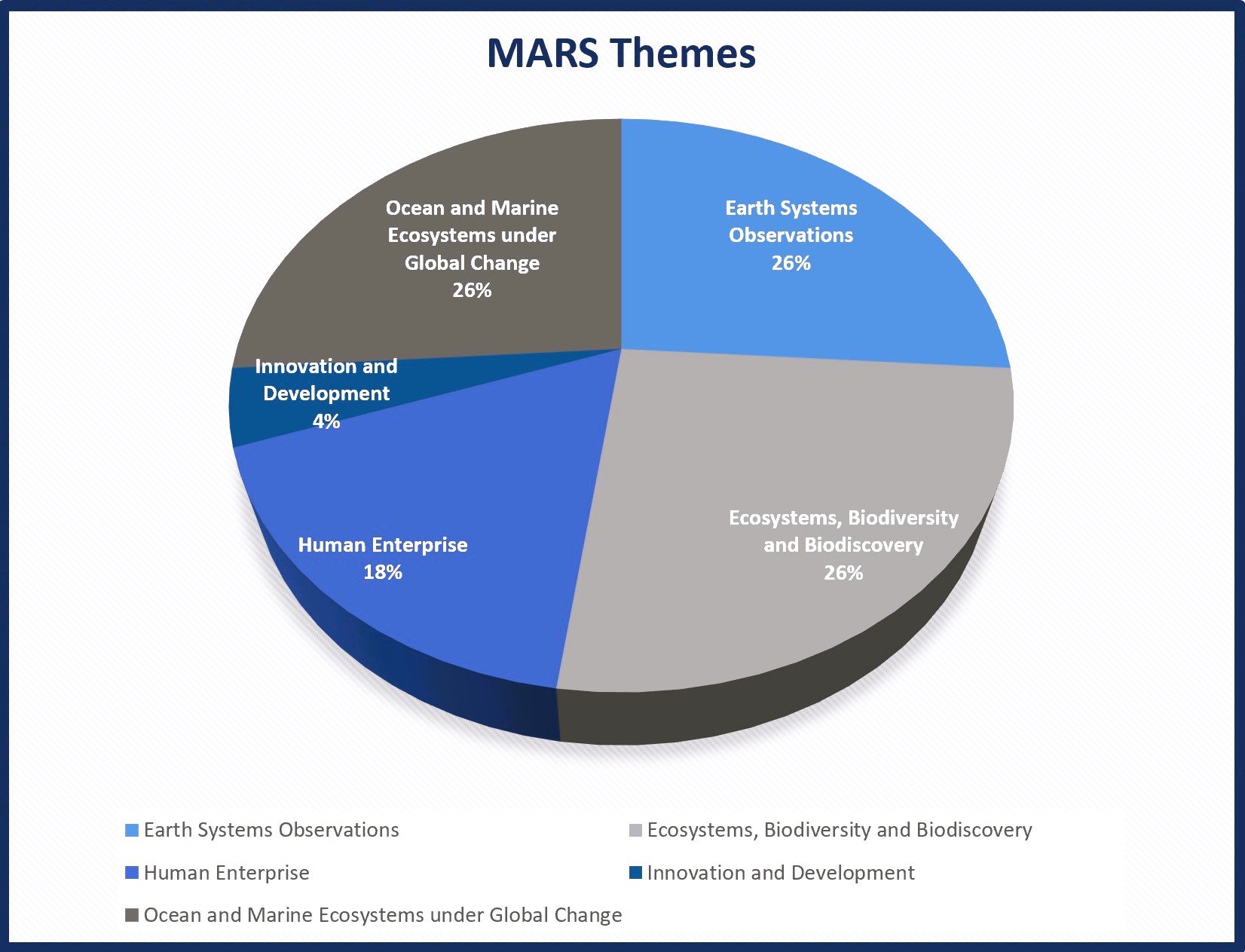
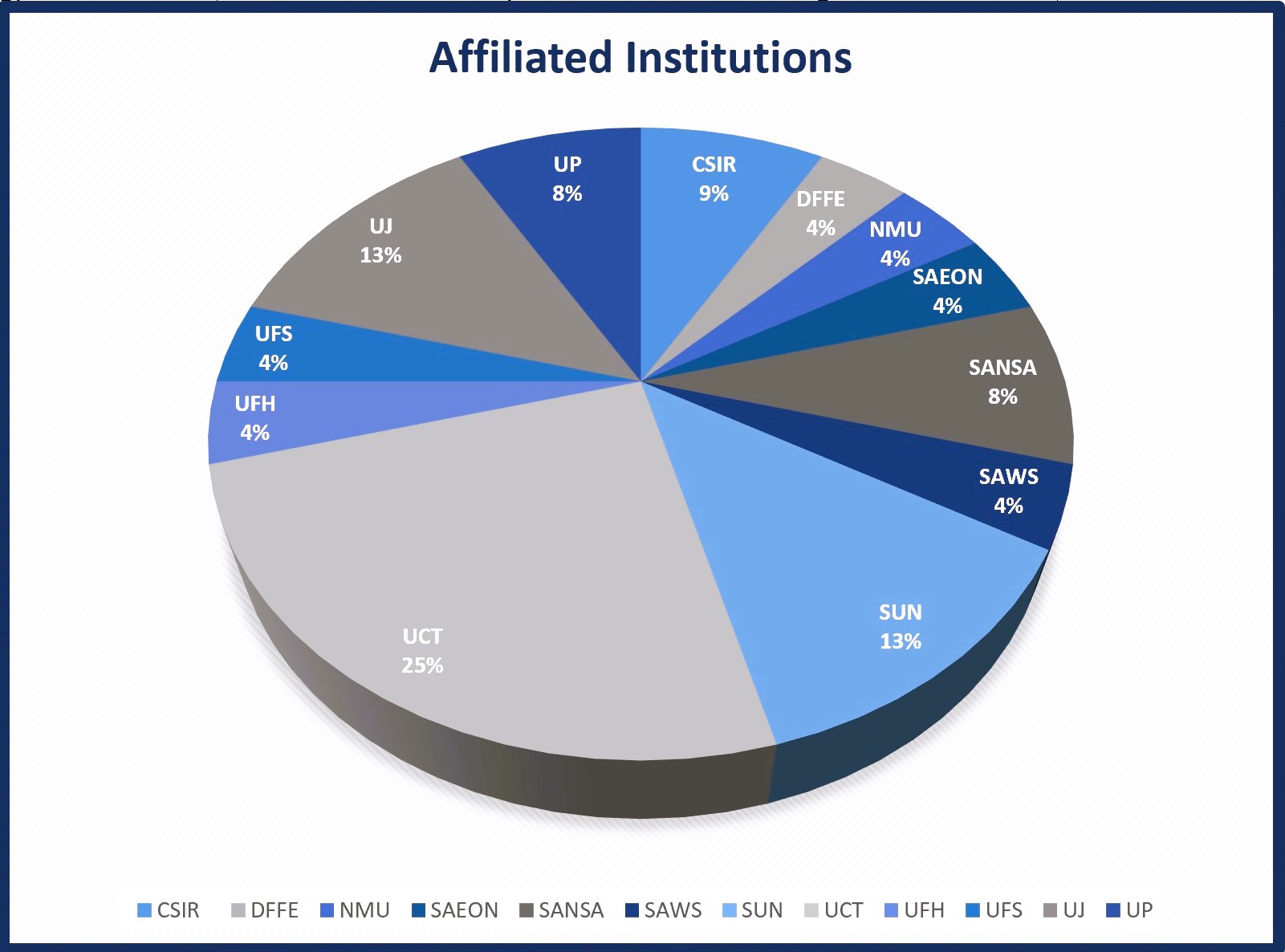

OCEAN and Marine Ecosystems under Global Change
- Antarctic MIZ Observations: Interdisciplinary approaches to resolve seasonal sea-ice variability. (UCT)
- Decoding the mercury cycle in the Southern Ocean: in situ observations and advanced modeling. (SAWS)
- ECOSOPHY – Emergent constraints on Southern Ocean phytoplankton physiology. (CSIR)
- Growth dynamics of sea ice and how they affect the sea ice mechanics. (UCT)
- Micronutrient and pollutant trace elements at the air-sea interface of the Southern Ocean. (SUN)
- Southern Ocean Carbon-Heat Nexus: mixed-layer processes & feedbacks for improved climate projections. (CSIR)
- The biological carbon pump in a changing Southern Ocean. (UCT)
Earth Systems Observations
- Crustal evolution of Dronning Maud Land (UJ)
- Landscape and Climate Interactions in the sub-Antarctic. (UFH)
- Polar Space Weather Studies (SANSA)
- Provenance and paleomagnetics of the rocks of the Grunehogna Craton in Western Dronning Maud Land. (UJ)
- SANAE HF radar. (SANSA)
- Structural Glaciological Analysis of North-Western Antarctic Ice Shelf – SANAS (UCT)
Ecosystems, Biodiversity and Biodiscovery
- Ecogenomics (UJ)
- Interactive effects of multiple stressors and environmental change on seabird breeding performance. (DFFE)
- Marion Island mouSe Ecology – MISE (UP)
- Marion Island Top Predator Long-Term Observations. (SAEON)
- On-island impacts of climate change on the Southern Ocean’s iconic seabirds. (UCT)
Innovation and development
- SA Agulhas II – Flagship for Vessel (4.0) – Part II (SUN)
Human Enterprise
- Antarctic Legacy of South Africa. (SUN)
- SEAmester – South Africa’s Floating University. ( UCT)
- South African Antarctic Artists and Writers Programme – AWP Pilot. (UP)
- The Marion Island Hut Book Project. (UFS)
For details and links see SANAP website.
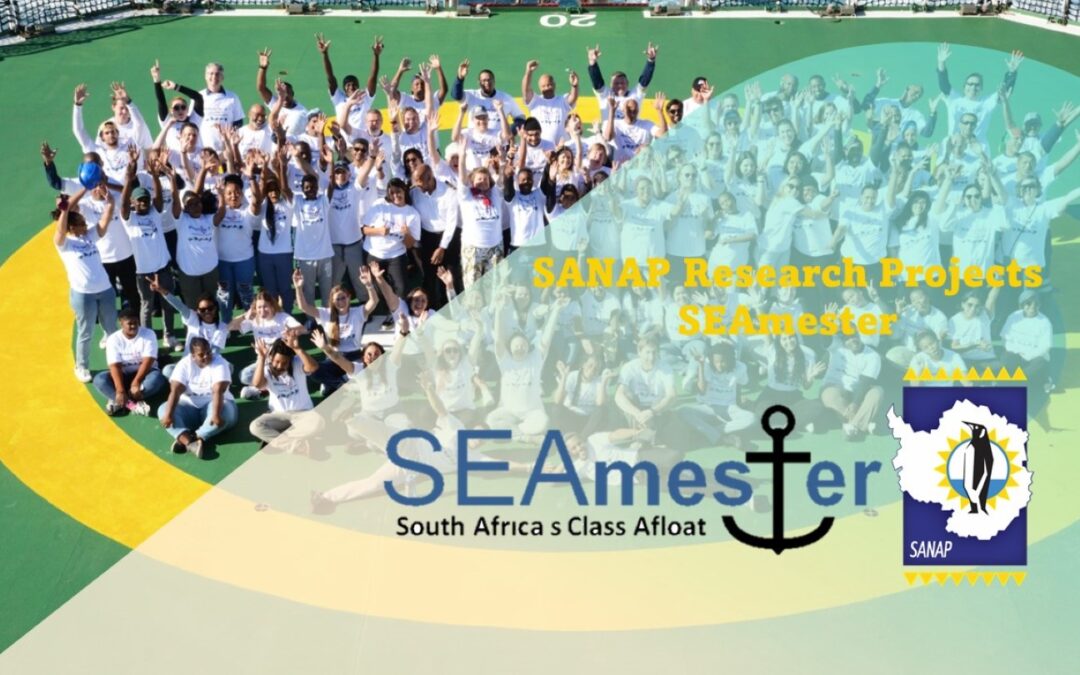
by Ria Olivier | Mar 20, 2024 | Research, SA Agulhas II, SANAP, SEAmester
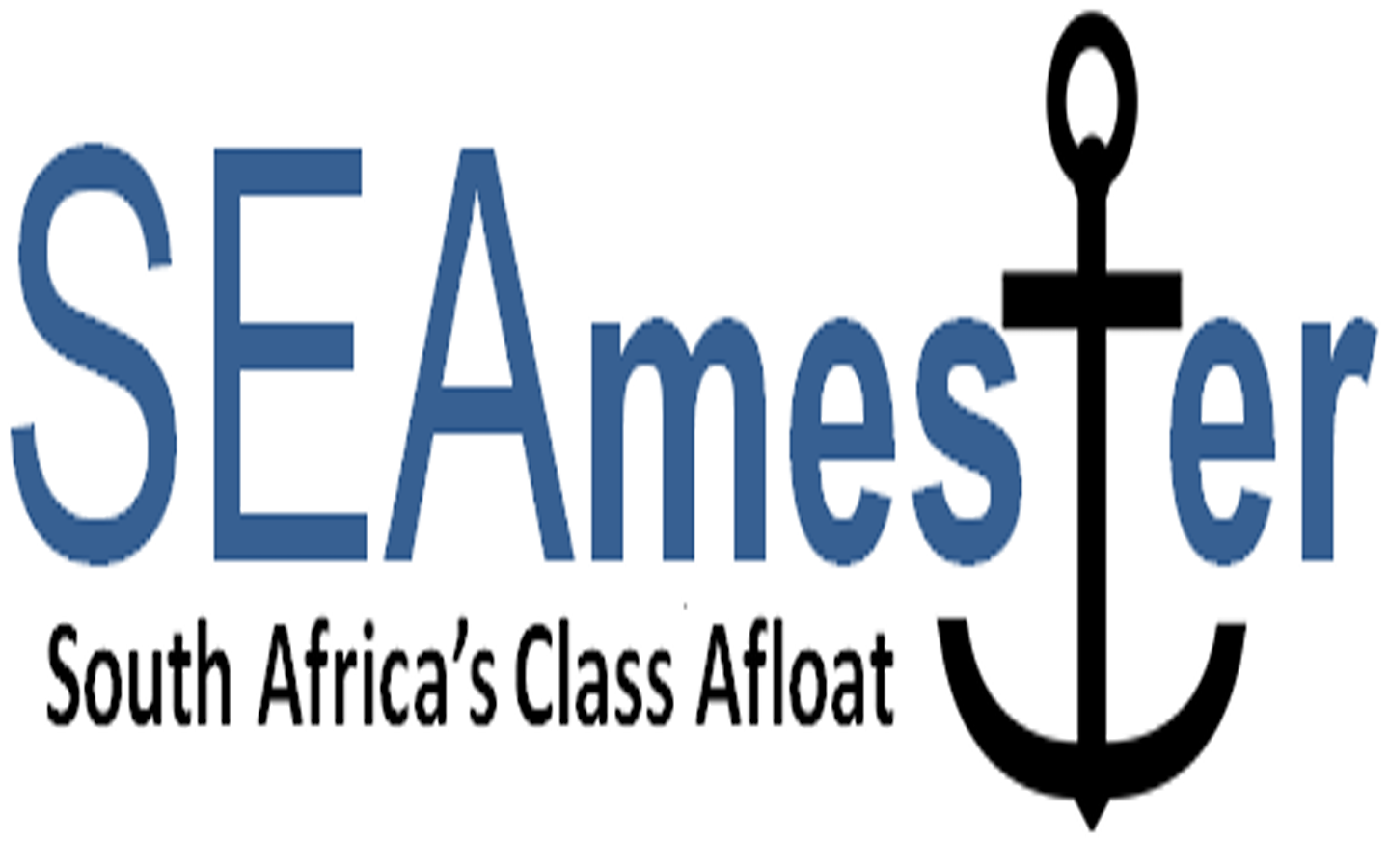 Training Tomorrow’s Oceanographers
Training Tomorrow’s Oceanographers
SEAmester’s success is evident in the academic achievements of its participants. A total of 254 students from over 26 institutes and universities have participated in the program, gaining comprehensive knowledge in oceanography, marine biology, atmospheric forecasting and navigation. The curriculum, developed in collaboration with leading marine scientists and lecturers across South Africa, ensures a balance between theoretical concepts and practical training of skills. SEAmester participants have contributed to several news publications, presenting their findings at national and international (SANAP 2023, IUGG 2023, @SEAnetwork 2022, VC award Ocean Womxn) conferences and workshops.
 The program’s emphasis on research skills and scientific inquiry has empowered students to continue to make meaningful contributions to the field of marine science. Graduates of SEAmester have gone on to pursue advanced degrees and have secured positions in reputable research institutions, environmental organizations, and marine industries. The alumni network continues to grow, fostering collaboration and knowledge exchange between the cohort of SEAmester students. SEAmester’s success is further exemplified by the growing number of partnerships with academic institutions. Collaborative research projects, joint degree programs, and faculty exchanges have strengthened ties between SEAmester and leading universities in South Africa. International Collaborations: SEAmester is actively exploring partnerships with renowned international institutions to enhance the global reach of its educational offerings. Collaborative research projects and student exchanges will further enrich the program’s diversity and perspective. (Above SEAmester 2023)
The program’s emphasis on research skills and scientific inquiry has empowered students to continue to make meaningful contributions to the field of marine science. Graduates of SEAmester have gone on to pursue advanced degrees and have secured positions in reputable research institutions, environmental organizations, and marine industries. The alumni network continues to grow, fostering collaboration and knowledge exchange between the cohort of SEAmester students. SEAmester’s success is further exemplified by the growing number of partnerships with academic institutions. Collaborative research projects, joint degree programs, and faculty exchanges have strengthened ties between SEAmester and leading universities in South Africa. International Collaborations: SEAmester is actively exploring partnerships with renowned international institutions to enhance the global reach of its educational offerings. Collaborative research projects and student exchanges will further enrich the program’s diversity and perspective. (Above SEAmester 2023)
 As the field of ocean science evolves, SEAmester is committed to incorporating emerging disciplines such as marine robotics, climate science, and biotechnology into its curriculum. This ensures that students are well-prepared for the challenges and opportunities of the future direction and foci of marine sciences. Recognizing the importance of accessibility, SEAmester continues to develop and teach digital learning/mapping/visual platforms to complement its on-board training.
As the field of ocean science evolves, SEAmester is committed to incorporating emerging disciplines such as marine robotics, climate science, and biotechnology into its curriculum. This ensures that students are well-prepared for the challenges and opportunities of the future direction and foci of marine sciences. Recognizing the importance of accessibility, SEAmester continues to develop and teach digital learning/mapping/visual platforms to complement its on-board training.
“SEAmester gave me hope… hope that if you look, opportunities will unfold.” – Ntando.
Below examples of the many articles and presentations coming out of the programme…
A report which is a poll of all 6 SEAmester student cohorts on the importance of their SEAmester experience in shaping their studies, career trajectory etc. will be published soon.
IMAGES available on ALSA archive
Text by Isabelle Ansorge.
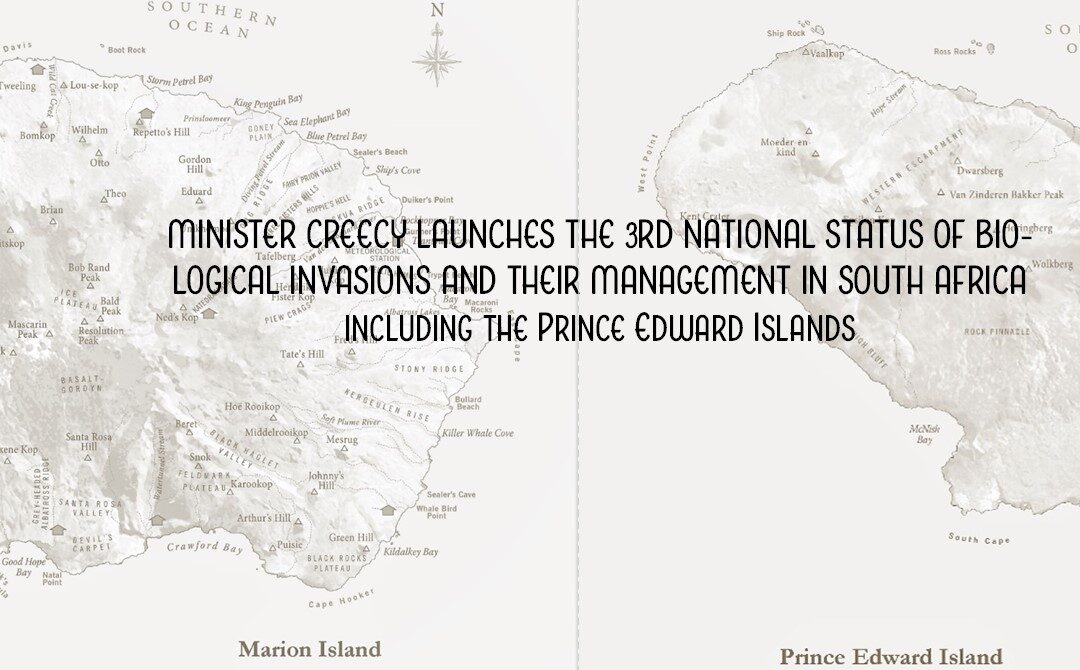
by Ria Olivier | Mar 11, 2024 | Announcement, Environment, Invasion Biology, Marine Protected Area, Marion Island, Mice Eradication, Prince Edward Island, Prince Edward Islands
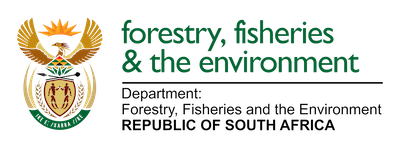 MINISTER CREECY LAUNCHES THE 3RD NATIONAL STATUS OF BIOLOGICAL INVASIONS AND THEIR MANAGEMENT IN SOUTH AFRICA
MINISTER CREECY LAUNCHES THE 3RD NATIONAL STATUS OF BIOLOGICAL INVASIONS AND THEIR MANAGEMENT IN SOUTH AFRICA
Full release available on Department of Forestry Fisheries nd the Environment website
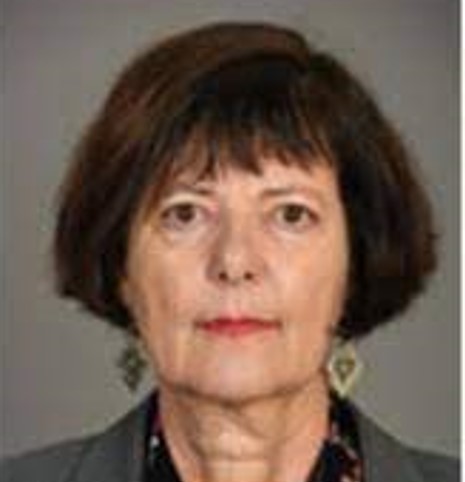 “We must continue investing in research and innovation, supporting studies that enhance our understanding of invasive species dynamics to improve management strategies. The 3rd National Status report on Biological Invasions serves as a clarion call for action reminding us of the urgency of the situation and the imperative to act decisively,”
“We must continue investing in research and innovation, supporting studies that enhance our understanding of invasive species dynamics to improve management strategies. The 3rd National Status report on Biological Invasions serves as a clarion call for action reminding us of the urgency of the situation and the imperative to act decisively,”
“Addressing the challenges posed by biological invasions requires a coordinated and collaborative effort. No single entity can tackle this issue alone. Government, academics, civil society organisations and communities must come together, pooling their knowledge, resources and expertise to develop effective prevention, early detection and control strategies,” said Minister Creecy.
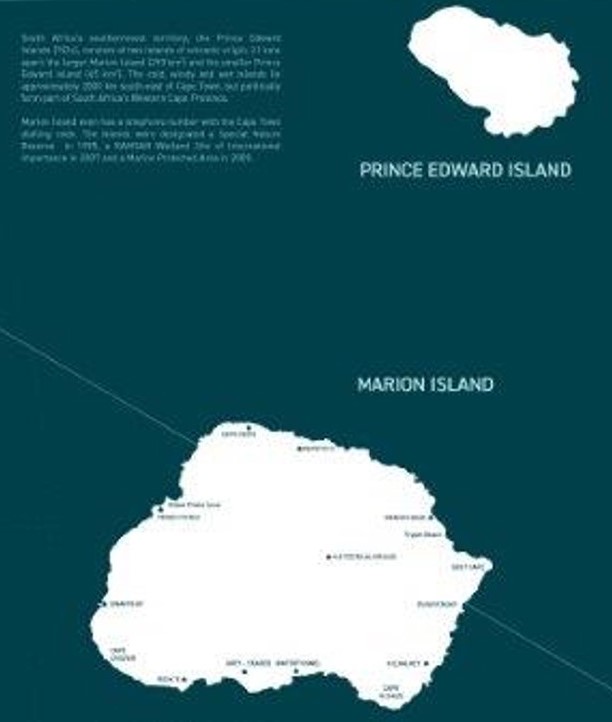 Thirdly, invasive species are devastating the unique and sensitive biodiversity of the Prince Edward Islands. For the first time, this report provides a separate assessment of the status of biological invasions and their management on the Prince Edward Islands. Although these islands are part of South Africa, their remote location and unique biodiversity warrant a separate assessment. Findings highlight the devastating impact of the house mouse, which is alien to the Marion Island. The mice feed on plants, and small animals including endangered seabirds. A bold plan to eradicate mice from the island has been developed and is due to be implemented in 2027. The eradication of mice from Marion Island is essential if its unique biodiversity is to be preserved.
Thirdly, invasive species are devastating the unique and sensitive biodiversity of the Prince Edward Islands. For the first time, this report provides a separate assessment of the status of biological invasions and their management on the Prince Edward Islands. Although these islands are part of South Africa, their remote location and unique biodiversity warrant a separate assessment. Findings highlight the devastating impact of the house mouse, which is alien to the Marion Island. The mice feed on plants, and small animals including endangered seabirds. A bold plan to eradicate mice from the island has been developed and is due to be implemented in 2027. The eradication of mice from Marion Island is essential if its unique biodiversity is to be preserved.
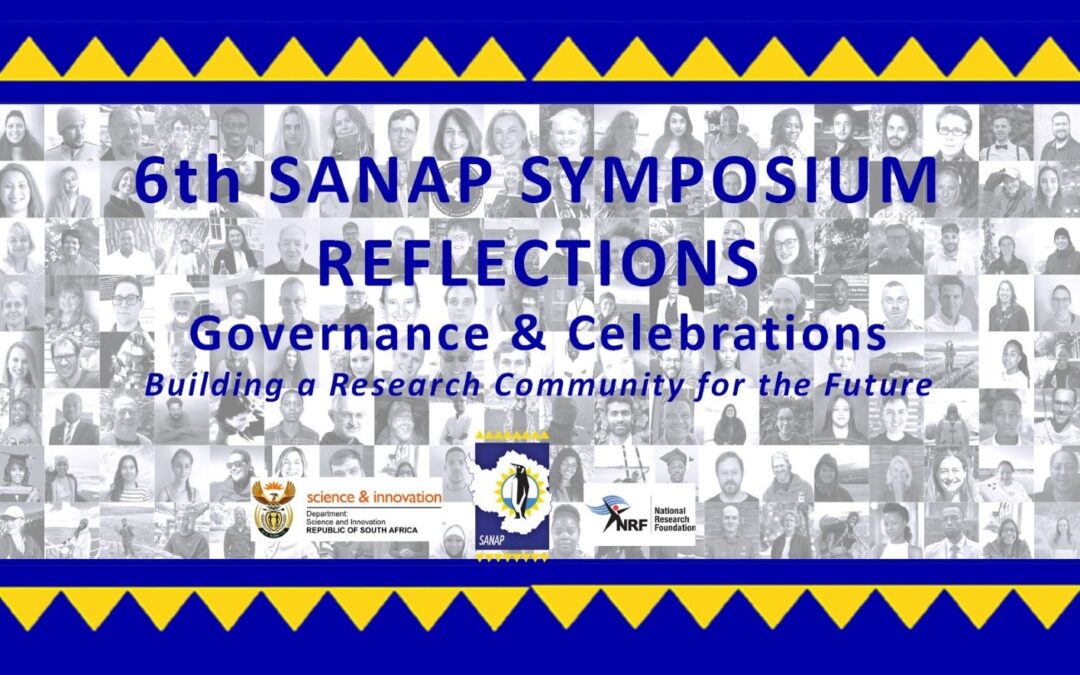
by Ria Olivier | Mar 8, 2024 | Research, SANAP, SANAP Student, Science
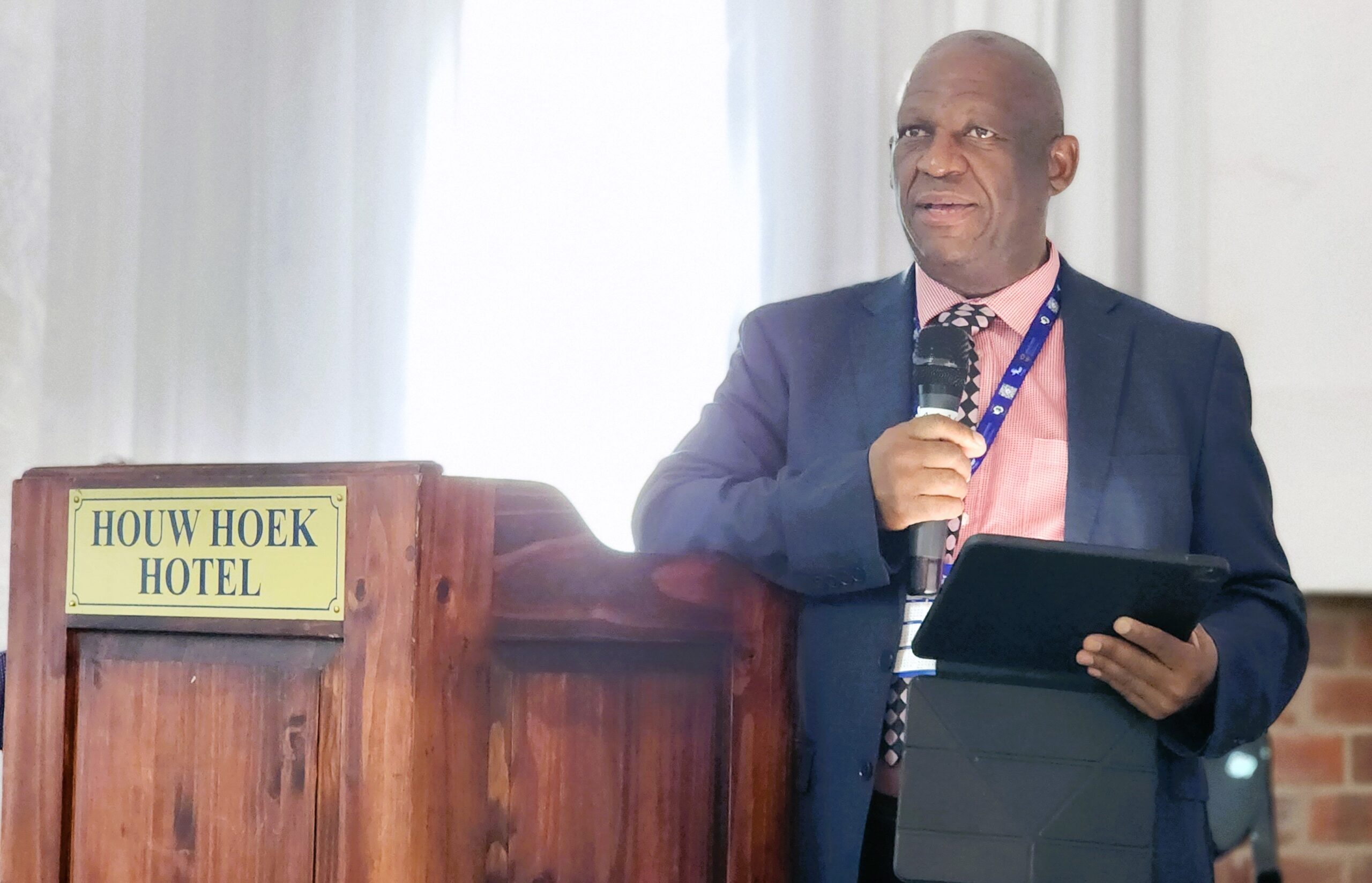 During the 6th SANAP symposium, time was allocated for the presentation of governance issues, and this was done on the first day during the opening ceremony. Dr Gilbert Siko , the Director of Marine & Polar Research at the Department of Science and Innovation gave the first presentation. His role within the Research Development and Support Programme it is to promote the development of research, the production of scientific knowledge, and human capital development in science areas in which South Africa enjoys a geographic advantage, that includes Antarctic and marine research. Dr Siko highlighted the strategic importance of the research conducted through the South African National Antarctic Programme.
During the 6th SANAP symposium, time was allocated for the presentation of governance issues, and this was done on the first day during the opening ceremony. Dr Gilbert Siko , the Director of Marine & Polar Research at the Department of Science and Innovation gave the first presentation. His role within the Research Development and Support Programme it is to promote the development of research, the production of scientific knowledge, and human capital development in science areas in which South Africa enjoys a geographic advantage, that includes Antarctic and marine research. Dr Siko highlighted the strategic importance of the research conducted through the South African National Antarctic Programme.
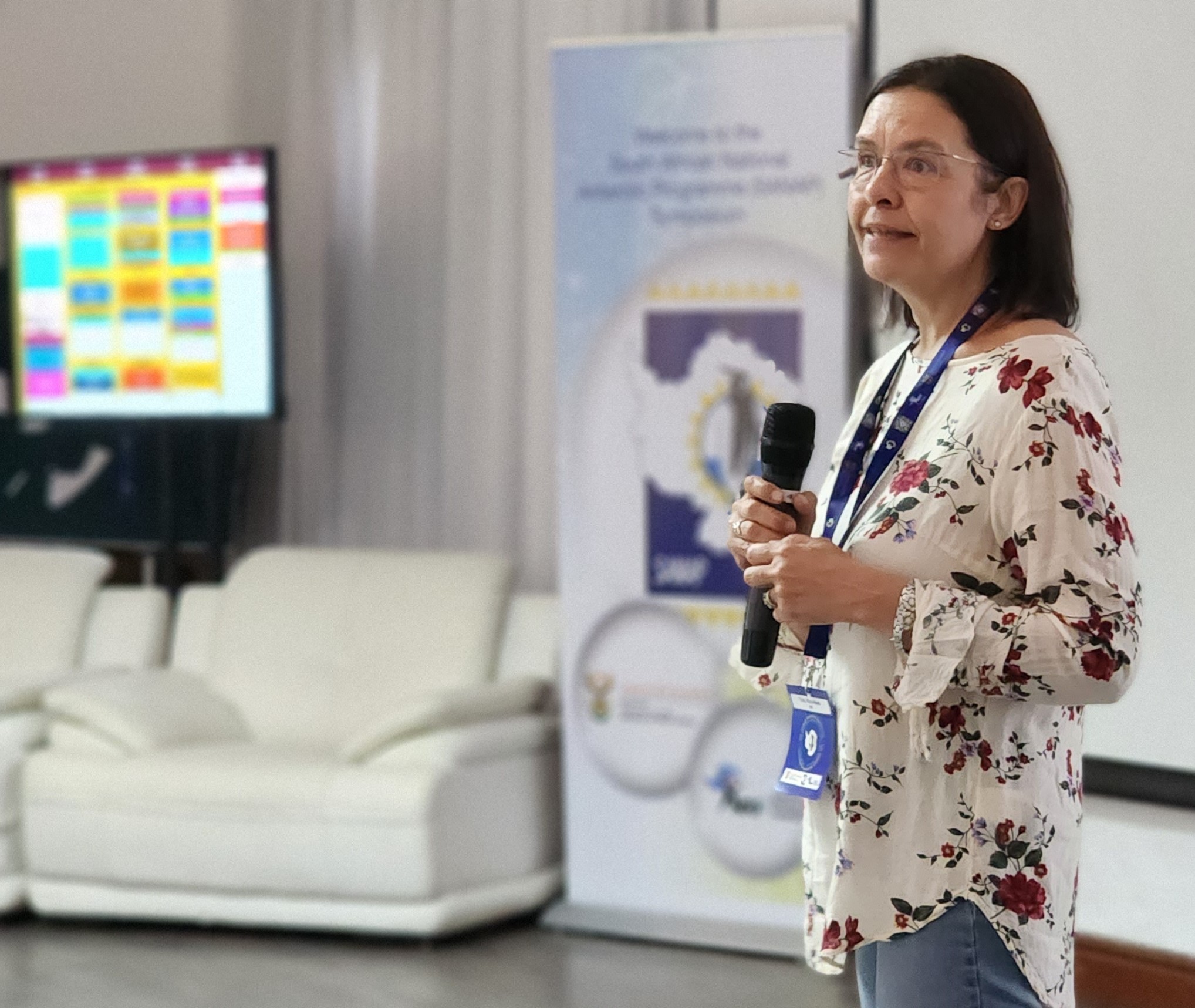 Dr Siko was followed by Tracy Klarenbeek, Director of Knowledge Advancement and Support of the National Research Foundation (NRF). She highlighted that create innovative funding instruments such as SANAP serve to transform the scientific landscape and inspire a representative research community to aspire to global competitiveness. She shared the outcomes of the 2023 SANAP Call for Proposals for funding cycle 2024 – 2026 with the community. She also mentioned that mentorship initiatives for unsuccessful applicants would be implemented via SAPRI.(right)
Dr Siko was followed by Tracy Klarenbeek, Director of Knowledge Advancement and Support of the National Research Foundation (NRF). She highlighted that create innovative funding instruments such as SANAP serve to transform the scientific landscape and inspire a representative research community to aspire to global competitiveness. She shared the outcomes of the 2023 SANAP Call for Proposals for funding cycle 2024 – 2026 with the community. She also mentioned that mentorship initiatives for unsuccessful applicants would be implemented via SAPRI.(right)
Dr Siko was followed by Tracy Klarenbeek, Director of Knowledge Advancement and Support of the National Research Foundation (NRF). She highlighted that create innovative funding instruments such as SANAP serve to transform the scientific landscape and inspire a representative research community to aspire to global competitiveness. She shared the outcomes of the 2023 SANAP Call for Proposals for funding cycle 2024 – 2026 with the community. She also mentioned that mentorship initiatives for unsuccessful applicants would be implemented via SAPRI.
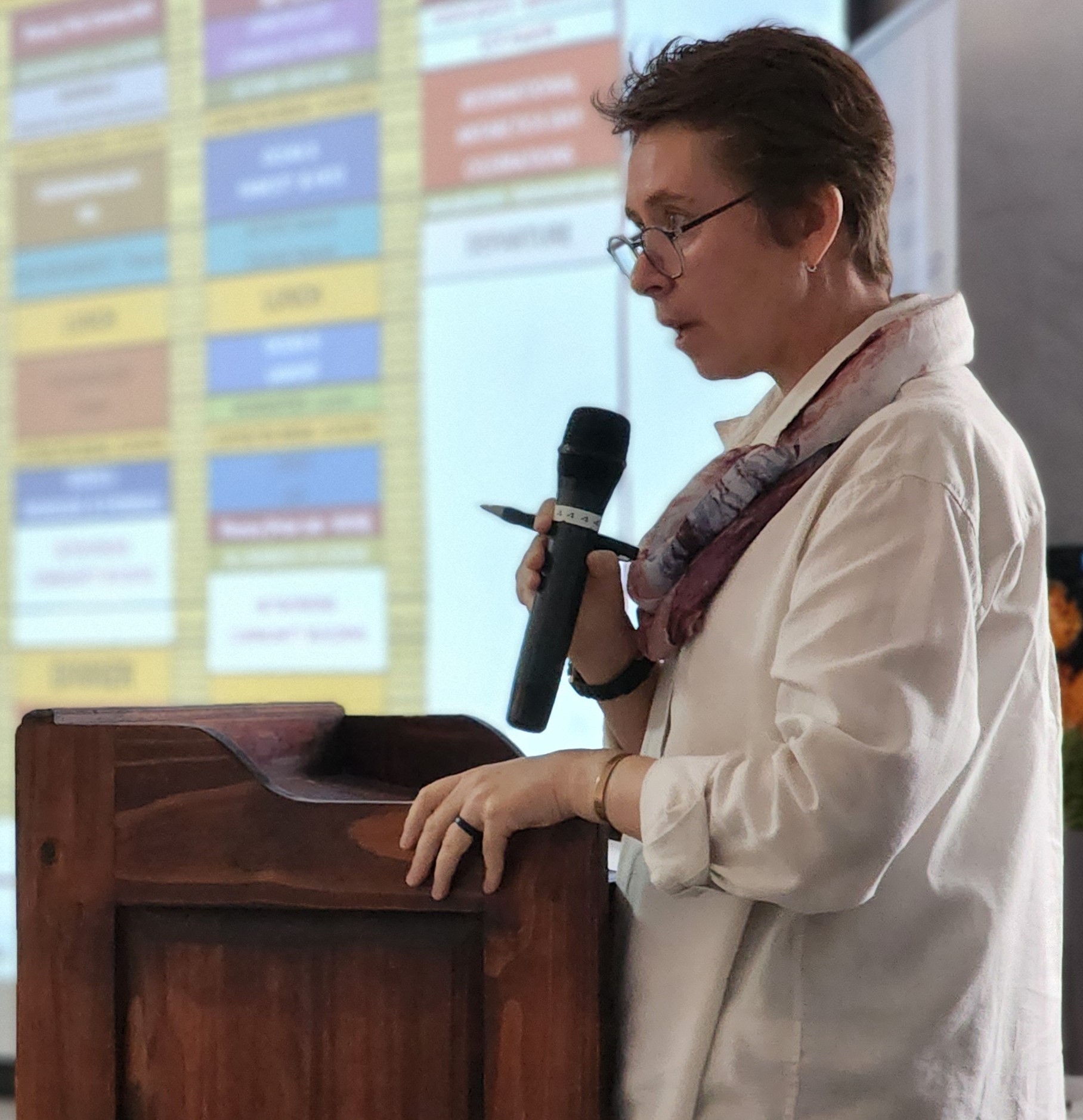
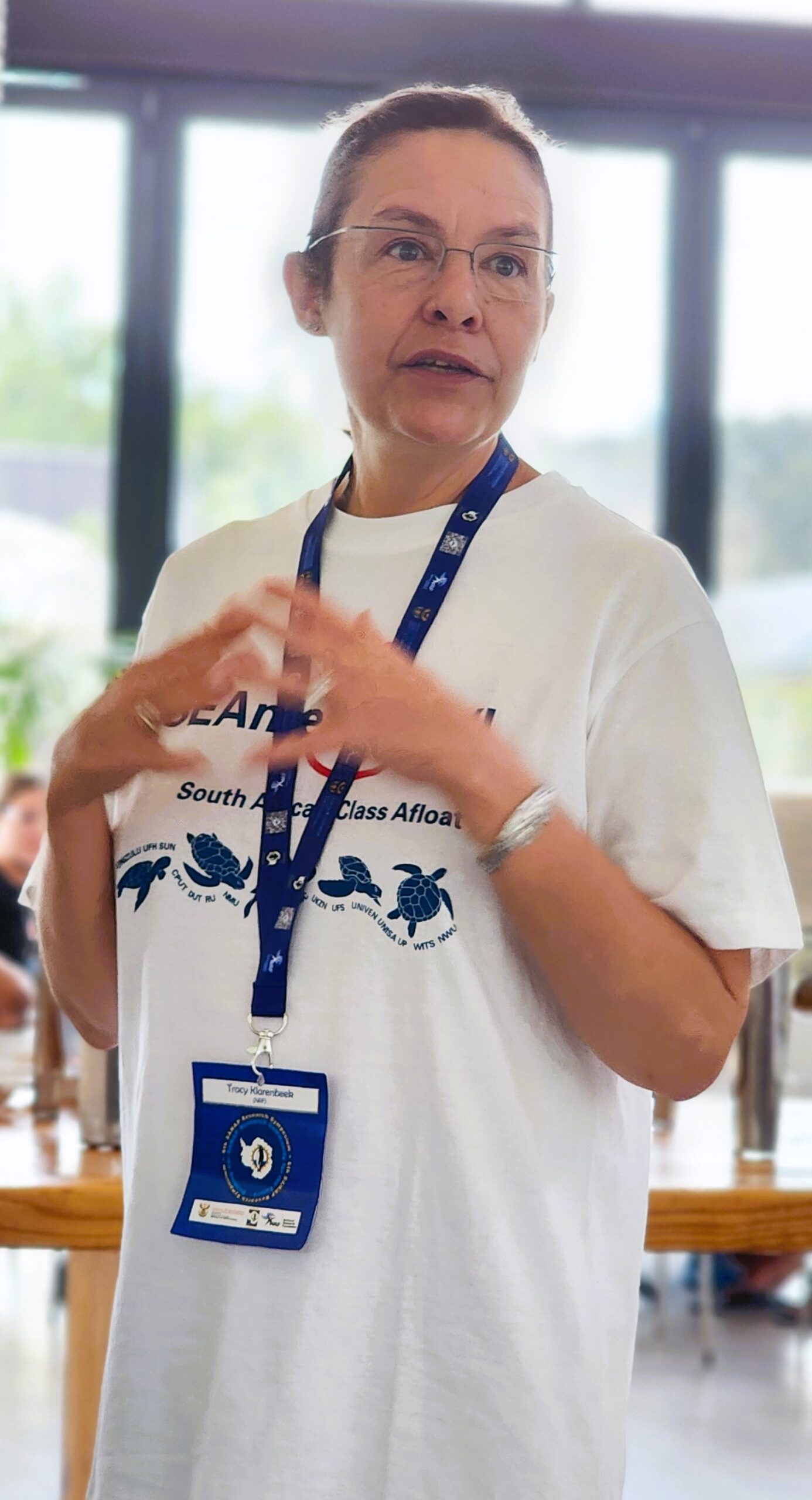 Prof Bettine van Vuuren (right), Chair of the South African National Committee for SCAR gave feedback on the committee meeting. She also highlighted the function and activities of SCAR and the importance to be informed of these activities, and to be aware of scholarship opportunities. She encouraged early career researchers to become involved in SCAR committees and action scholarships.
Prof Bettine van Vuuren (right), Chair of the South African National Committee for SCAR gave feedback on the committee meeting. She also highlighted the function and activities of SCAR and the importance to be informed of these activities, and to be aware of scholarship opportunities. She encouraged early career researchers to become involved in SCAR committees and action scholarships.
The highlight of the Symposium was the international Antarctic day celebrations where Tracy Klarenbeek (left)addressed all attendees during the closing ceremony with a heartfelt talk. All participants, old and new, were thanked for their participation in the Symposium and their dedication to the SANAP programme. Tracy Klarenbeek talk gave a personal perspective of administering the SANAP programme:
“by facilitating Antarctic and Southern Ocean research, and awarding student bursaries, it is evident that the work I do changes lives”.
The opportunity to access the Southern Ocean, Antarctica and the sub-Antarctic islands (Gough and the Prince Edward Islands) is limited to the lucky few, and the work of the National Research Foundation makes this a reality for researchers and students alike.
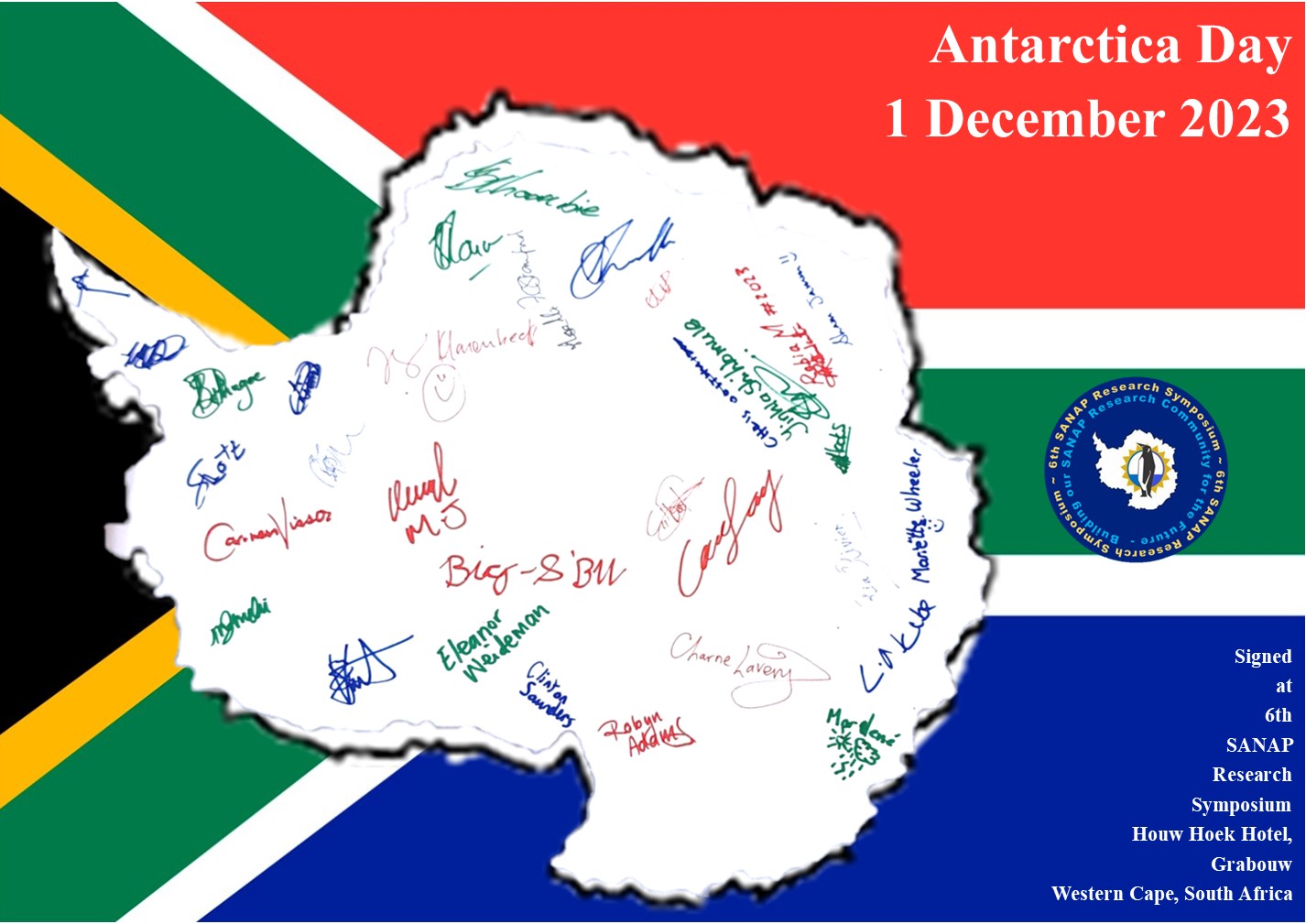 A printed Map of Antarctica was signed by everyone on International Antarctica Day 1st December 2023 at Houw Hoek Hotel!
A printed Map of Antarctica was signed by everyone on International Antarctica Day 1st December 2023 at Houw Hoek Hotel!
Speakers photos: credit Anche Louw – SA Polar Research Infrastructure/Antarctic Legacy of SA

 LEARNER (FET) APPLICATION FORM
LEARNER (FET) APPLICATION FORM SEAmester – South Africa’s Class Afloat aims to introduce marine science as an applied and cross- disciplinary field to students who have shown an interest in the core science disciplines. It combines traditional classroom lectures with hands-on ship-based deck activities; while providing them with an opportunity to support specialist scientists in recognised marine research activities. During the voyage, students will engage in classroom lectures, assignments, and hands-on research activities, covering topics such as physical oceanography, marine biology and environmental science. Learners will also work with sophisticated instrumentation, collect data and gain experience in data analysis and scientific research techniques. The research group comprises over 30 oceanographic, fisheries, biogeochemical and biological experts, who jointly have trained over 600 Southern African students onboard a wide variety of international and local research vessels.
SEAmester – South Africa’s Class Afloat aims to introduce marine science as an applied and cross- disciplinary field to students who have shown an interest in the core science disciplines. It combines traditional classroom lectures with hands-on ship-based deck activities; while providing them with an opportunity to support specialist scientists in recognised marine research activities. During the voyage, students will engage in classroom lectures, assignments, and hands-on research activities, covering topics such as physical oceanography, marine biology and environmental science. Learners will also work with sophisticated instrumentation, collect data and gain experience in data analysis and scientific research techniques. The research group comprises over 30 oceanographic, fisheries, biogeochemical and biological experts, who jointly have trained over 600 Southern African students onboard a wide variety of international and local research vessels. APPLICATION REQUIREMENTS
APPLICATION REQUIREMENTS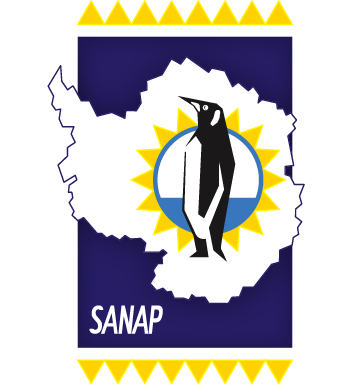






 Training Tomorrow’s Oceanographers
Training Tomorrow’s Oceanographers As the field of ocean science evolves, SEAmester is committed to incorporating emerging disciplines such as marine robotics, climate science, and biotechnology into its curriculum. This ensures that students are well-prepared for the challenges and opportunities of the future direction and foci of marine sciences. Recognizing the importance of accessibility, SEAmester continues to develop and teach digital learning/mapping/visual platforms to complement its on-board training.
As the field of ocean science evolves, SEAmester is committed to incorporating emerging disciplines such as marine robotics, climate science, and biotechnology into its curriculum. This ensures that students are well-prepared for the challenges and opportunities of the future direction and foci of marine sciences. Recognizing the importance of accessibility, SEAmester continues to develop and teach digital learning/mapping/visual platforms to complement its on-board training.
 MINISTER CREECY LAUNCHES THE 3RD NATIONAL STATUS OF BIOLOGICAL INVASIONS AND THEIR MANAGEMENT IN SOUTH AFRICA
MINISTER CREECY LAUNCHES THE 3RD NATIONAL STATUS OF BIOLOGICAL INVASIONS AND THEIR MANAGEMENT IN SOUTH AFRICA “We must continue investing in research and innovation, supporting studies that enhance our understanding of invasive species dynamics to improve management strategies. The 3rd National Status report on Biological Invasions serves as a clarion call for action reminding us of the urgency of the situation and the imperative to act decisively,”
“We must continue investing in research and innovation, supporting studies that enhance our understanding of invasive species dynamics to improve management strategies. The 3rd National Status report on Biological Invasions serves as a clarion call for action reminding us of the urgency of the situation and the imperative to act decisively,” Thirdly, invasive species are devastating the unique and sensitive biodiversity of the Prince Edward Islands. For the first time, this report provides a separate assessment of the status of biological invasions and their management on the Prince Edward Islands. Although these islands are part of South Africa, their remote location and unique biodiversity warrant a separate assessment. Findings highlight the devastating impact of the house mouse, which is alien to the Marion Island. The mice feed on plants, and small animals including endangered seabirds. A bold plan to eradicate mice from the island has been developed and is due to be implemented in 2027. The eradication of mice from Marion Island is essential if its unique biodiversity is to be preserved.
Thirdly, invasive species are devastating the unique and sensitive biodiversity of the Prince Edward Islands. For the first time, this report provides a separate assessment of the status of biological invasions and their management on the Prince Edward Islands. Although these islands are part of South Africa, their remote location and unique biodiversity warrant a separate assessment. Findings highlight the devastating impact of the house mouse, which is alien to the Marion Island. The mice feed on plants, and small animals including endangered seabirds. A bold plan to eradicate mice from the island has been developed and is due to be implemented in 2027. The eradication of mice from Marion Island is essential if its unique biodiversity is to be preserved.
 During the 6th SANAP symposium, time was allocated for the presentation of governance issues, and this was done on the first day during the opening ceremony. Dr Gilbert Siko , the Director of Marine & Polar Research at the Department of Science and Innovation gave the first presentation. His role within the Research Development and Support Programme it is to promote the development of research, the production of scientific knowledge, and human capital development in science areas in which South Africa enjoys a geographic advantage, that includes Antarctic and marine research. Dr Siko highlighted the strategic importance of the research conducted through the South African National Antarctic Programme.
During the 6th SANAP symposium, time was allocated for the presentation of governance issues, and this was done on the first day during the opening ceremony. Dr Gilbert Siko , the Director of Marine & Polar Research at the Department of Science and Innovation gave the first presentation. His role within the Research Development and Support Programme it is to promote the development of research, the production of scientific knowledge, and human capital development in science areas in which South Africa enjoys a geographic advantage, that includes Antarctic and marine research. Dr Siko highlighted the strategic importance of the research conducted through the South African National Antarctic Programme. Dr Siko was followed by Tracy Klarenbeek, Director of Knowledge Advancement and Support of the National Research Foundation (NRF). She highlighted that create innovative funding instruments such as SANAP serve to transform the scientific landscape and inspire a representative research community to aspire to global competitiveness. She shared the outcomes of the 2023 SANAP Call for Proposals for funding cycle 2024 – 2026 with the community. She also mentioned that mentorship initiatives for unsuccessful applicants would be implemented via SAPRI.(right)
Dr Siko was followed by Tracy Klarenbeek, Director of Knowledge Advancement and Support of the National Research Foundation (NRF). She highlighted that create innovative funding instruments such as SANAP serve to transform the scientific landscape and inspire a representative research community to aspire to global competitiveness. She shared the outcomes of the 2023 SANAP Call for Proposals for funding cycle 2024 – 2026 with the community. She also mentioned that mentorship initiatives for unsuccessful applicants would be implemented via SAPRI.(right)
 Prof Bettine van Vuuren (right), Chair of the
Prof Bettine van Vuuren (right), Chair of the  A printed Map of Antarctica was signed by everyone on International Antarctica Day 1st December 2023 at Houw Hoek Hotel!
A printed Map of Antarctica was signed by everyone on International Antarctica Day 1st December 2023 at Houw Hoek Hotel!
